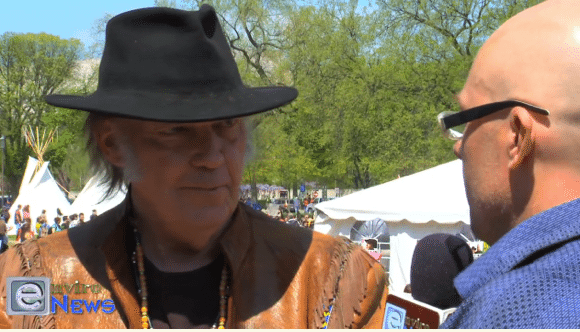
Reposted from The Guardian (article by Rebecca Solnit)
It was the most thrilling bureaucratic document I’ve ever seen for just one reason: it was dated the 21st day of the month of Thermidor in the Year Six. Written in sepia ink on heavy paper, it recorded an ordinary land auction in France in what we would call the late summer of 1798. But the extraordinary date signaled that it was created when the French Revolution was still the overarching reality of everyday life and such fundamentals as the distribution of power and the nature of government had been reborn in astonishing ways. The new calendar that renamed 1792 as Year One had, after all, been created to start society all over again.
In that little junk shop on a quiet street in San Francisco, I held a relic from one of the great upheavals of the last millennium. It made me think of a remarkable statement the great feminist fantasy writer Ursula K Le Guin had made only a few weeks earlier. In the course of a speech she gave while accepting a book award, she noted:
We live in capitalism. Its power seems inescapable. So did the divine right of kings. Any human power can be resisted and changed by human beings.
That document I held was written only a few years after the French had gotten over the idea that the divine right of kings was an inescapable reality.





